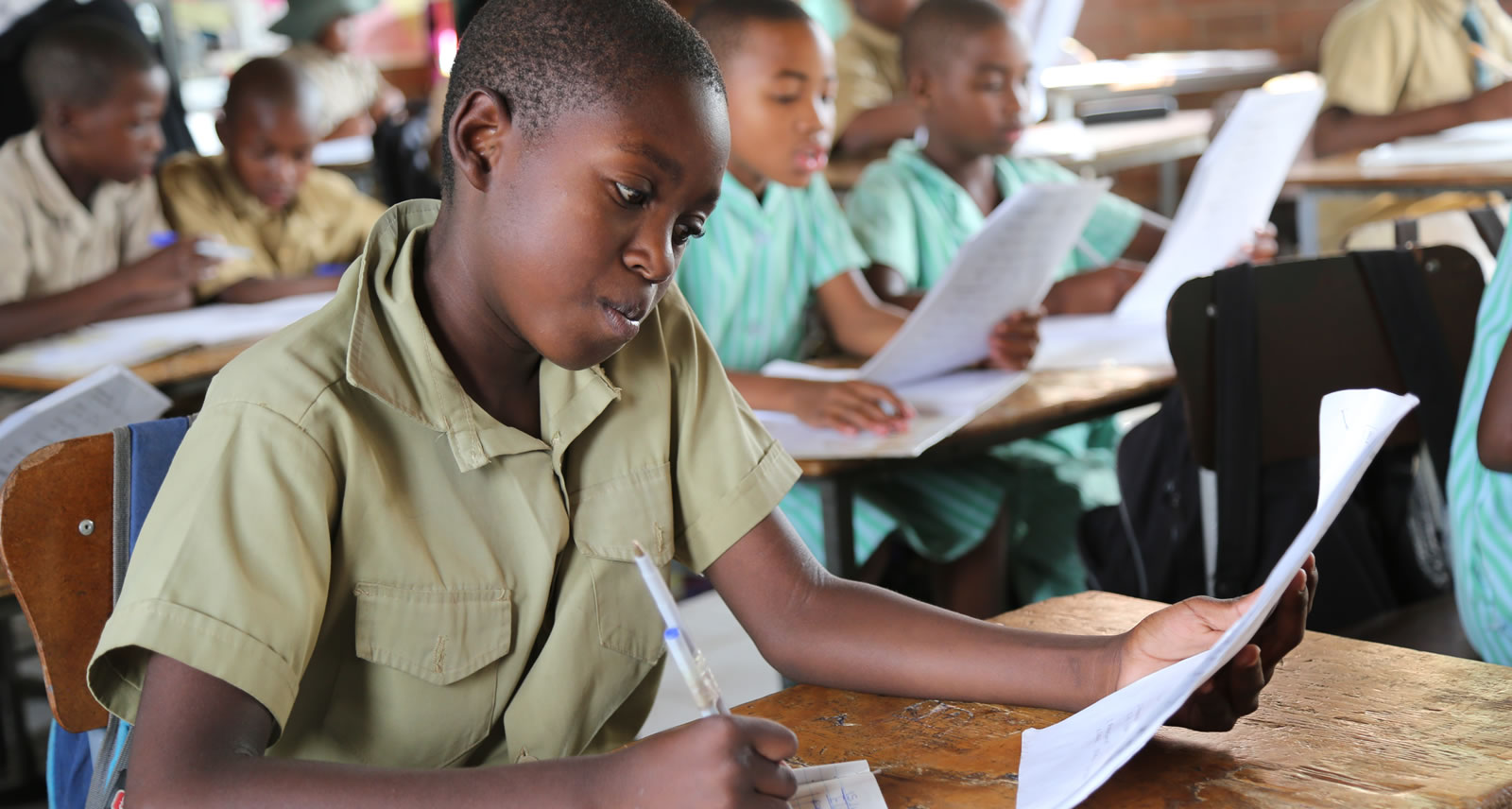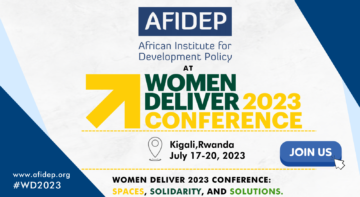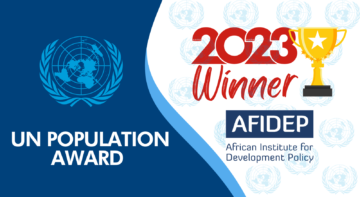News

An AFIDEP team that has been involved in offering technical assistance to different countries’ governments in Africa for the development of roadmaps towards harnessing the demographic dividend (DD) will facilitate a workshop on the DD in Mutare, Zimbabwe between 16 and 19 May 2017. The workshop is being hosted by the Ministry of Macro-Economic Planning and Investment Promotion and supported by the United Nations Population Fund (UNFPA). The workshop brings together participants from various government ministries and agencies, academia and development partners. The main objective of the workshop is to assess Zimbabwe’s prospects for harnessing the DD and demonstrate priority policy and programme options that the country should adopt to optimise its DD in line with its development aspirations.
The AFIDEP team is led by Dr Bernard Onyango, Knowledge Translation Scientist and the manager of the demographic dividend programme, who is based in Nairobi. The team is joined by Morne Oosthuizen, the Deputy Director at the Development Policy Research Unit (DPRU) at the University of Cape Town (UCT). DPRU is partnering with AFIDEP in providing technical support to implement the demographic dividend national study in Zimbabwe and three other Southern Africa countries using the National Transfer Account (NTA) methodology. In Zimbabwe, a technical team from the Zimbabwe National Statistics (Zimstat) office has been leading the government efforts to implement the study.
The study in Zimbabwe was commissioned by the Ministry of Macro-Economic Planning and Investment Promotion. It is supported by the UNFPA Zimbabwe Country Office and the UNFPA East and Southern Africa Regional Office (ESARO). UNFPA ESARO in partnership with AFIDEP, have been instrumental in supporting similar studies across the region to generate evidence and provide associated policy recommendations on the nexus between population change and sustainable development.
Related Posts





